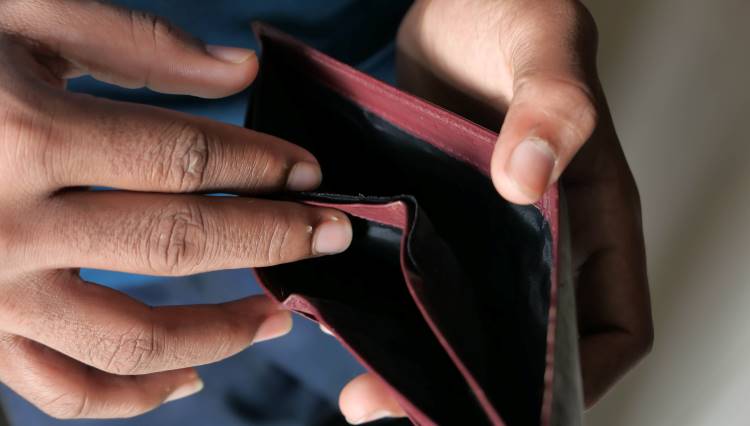UK ‘Sleepwalking into a Debt Crisis’ Due to Pandemic

A new report warns that the UK is ‘sleepwalking into a debt crisis’ due to low-income and middle-income households borrowing significantly more in order to cope with the effects of the pandemic.
The research, carried out by the debt charity Stepchange, found a 66% increase since May in the amount of household borrowing and arrears linked to the pandemic.
The total number of people in severe debt has almost doubled since March to 1.2million, with an additional 3 million at risk of falling into arrears due to taking on short-term loans.
Chief executive of Stepchange, Phil Andrew, said: “This report paints a picture of a nation sleepwalking into a debt crisis. Despite a bold initial reaction to the pandemic, the government and financial services sector’s toolkit of responses has not evolved, and the result is a spiralling number of people being plunged into debt due to Covid-19. And the worst is yet to come.”
The number of people made redundant in the last few months has risen steeply according to official figures, causing concern that many vulnerable households have been devastated financially by the pandemic.
A parliamentary committee report last month claimed that the universal credit (UC) system was partly to blame, as initial payments taking over a month to arrive pushed many families to take on loans from payday lenders.
The report from Stepchange found that 29% of the UK’s adult population suffered a financial hit when the first lockdown began in March this year. Some people lost their income entirely due to redundancy, and millions lost part of their income due to being furloughed or receiving less working hours.
“Worryingly, the safety nets in place for those affected by coronavirus are not proving effective,” the report said . “Of those who have made an application for universal credit since March, 24% are in severe problem debt and 28% are showing signs of financial difficulty.”
Andrew said: “This winter, a second national lockdown will drive unemployment, reduced hours and rising energy bills, all of which is hampering economic recovery. Without a bold, long-term vision for those financially affected by the pandemic there is a real danger of lasting economic and social damage that will deepen inequality, jeopardise the government’s levelling-up ambitions and act as a drag on economic recovery.
"[Targeted funding] can reduce the hardship and damaging impact of long-term debt on health, mental health and the economy, as well as countering the impact of coronavirus on inequality.”
Read on our blog

With the government poised to implement tough new measures to...

Budget broadband provider TalkTalk has been notifying customers via email...

A year-long investigation by charity Citizens Advice has revealed a...

Education Secretary Nadhim Zahawi has announced a new commitment to...
